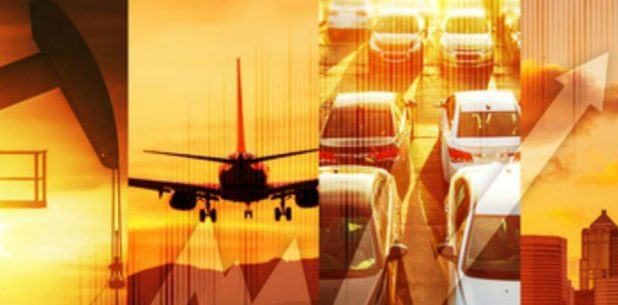UA economist says inflation largely a post-pandemic return to normal
by May 30, 2021 10:11 am 1,261 views

In recent months, consumers have been feeling the effects of rising prices, an inflationary movement concerning business leaders and politicians.
Economist Mervin Jebaraj with the University of Arkansas Walton College of Business says the inflation we’re seeing is largely a correction from the extraordinary moves to boost the economy and encourage consumer spending during the height of last year’s COVID-19 pandemic.
“A large part of that is what we would call ‘base effects.’ Again, if you’re comparing April of 2020 to April of 2021, there were a lot of things the prices for which were artificially depressed in April of 2020 because people were simply not doing those things,” he said.
He noted a year ago that hotel prices were down dramatically because people weren’t staying in rooms. Gas prices were greatly reduced because people weren’t traveling. The same can be applied to airline tickets. Jebaraj said it’s natural that as we emerge from the pandemic and things return to normal, we should expect prices to rise for certain items.
“When we measure comparing to last year, some of those prices are going to show up as being really high. But those are just temporary ‘base effects.’ Because the base year you’re using had artificially depressed prices,” he said.
He said many prices for goods and services related to the travel industry are still far from returning to their regular levels.
“They’re still not recovered to pre-pandemic levels,” he noted.
Jebaraj warned there are some price hikes that are spiking due to non-pandemic concerns. He said the sharp increases in lumber prices have more to do with weather and transportation issues, while some of the gas price jumps can be tied to a recent ransomware attack of a gas pipeline that affected a significant portion of the U.S.
He predicts that we will continue to see inflation in many areas of the economy for several months, but he thinks it will be short-term.
“We do expect higher levels of inflation to be recorded over the next few months, but that is not expected to stick around, even through the end of this year and definitely not next year,” Jebaraj said.
